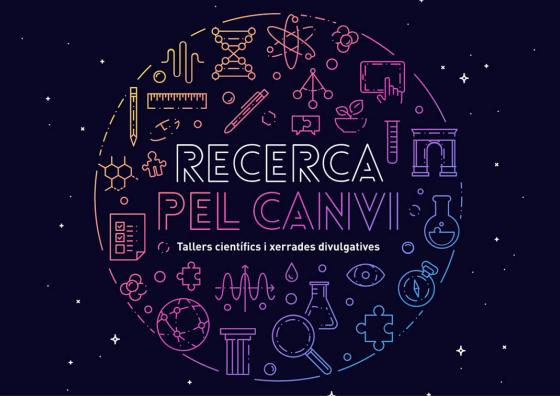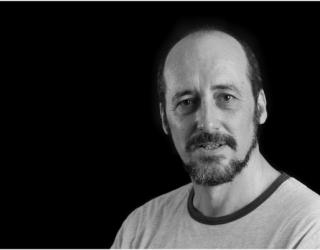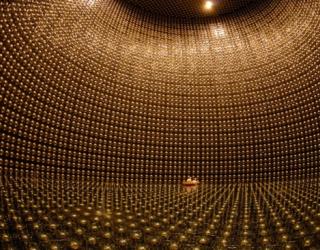The European Researcher’s Night is held the last Friday of September every year in more than 300 cities from 30 countries all over Europe. Its goal is to bring research, innovation and its true protagonists, which are scientists, closer to the citizens in a plane and engaging way. Everyone, including schools, families, children and adults, is welcome to participate in the science that is being made in our community through the programmed activities that will include workshops, talks, shows, experiments, astronomical observations, and games.
This year you will be able to join two activities organised by members of the Institute of Cosmos Sciences of the UB that will take place on Thursday, September 23, 2021 which are:
WORKSHOP: QUARKS, THE BUILDING BLOCKS OF MATTER
Organised by the members of the Hadronic Physics Group of the UB.
Have you ever wondered what the Universe is made of? Come to the workshop Quarks, the building blocks of matter and learn about the particles that make up all matter using a three-dimensional puzzle designed by CERN, the European Centre of Nuclear Research. With this activity, we will approach the fundamental laws that determine how these particles come together to form protons and neutrons.
- Date and time: Thursday September 23 from 11 to 11:45h
- Location: Auditori Barradas, l’Hospitalet de Llobregat
- Recommended ages: from 10 years old on.
- Language: Catalan
- More information and registrations at the link.
ROUND TABLE: THE CENTURY OF GRAVITY. BLACK HOLES AND GRAVITATIONAL WAVES.
Organised by Tomás Andrade and Roberto Emparan of the Institute of Cosmos Sciences of the University of Barcelona (ICCUB) and the Department of Astrophysics and Quantum Physics (UB).
On this round table we will talk about how mistakes and unexpected results are carved on the DNA of a great number of scientific discoveries, such as black holes and gravitational waves. We will also learn more about these mysterious gravitational phenomena and their implications in future breakthroughs.
- Date and time: dijous 23 de setembre de 18:30 a 19:15h
- Location: Centre Cívic Casa Golferichs
- Open to all audiences
- Language: Spanish
- More information and registrations at the link.
Together we will get to know the scientists of the research centers in our community with whom we will discover how fascinating and diverse the scientific areas are and how the research and innovation happening in them strive to make our lives better. All of these researchers have prepared a number of activities that you can engage in and learn science in a fun and practical way.
Check out the activities program at the website of the Reseacher’s Night or stay tuned to all the updates in social networks with the hashtag #NitRecerCat and at their YouTube channel Nit de la Recerca 2021.








